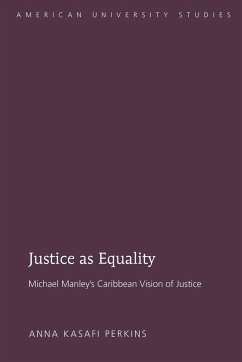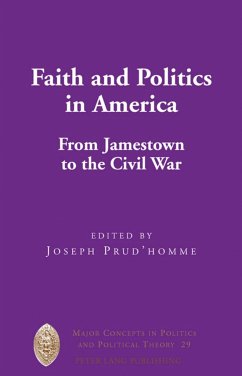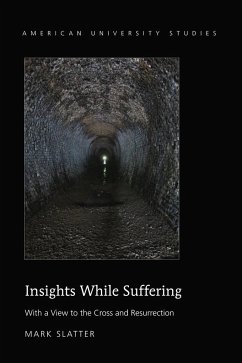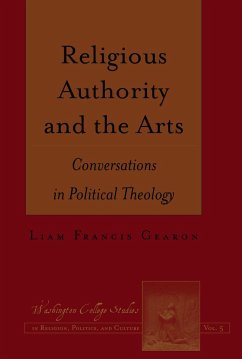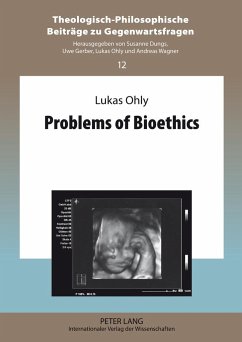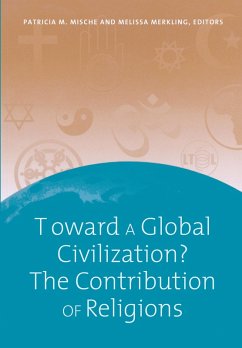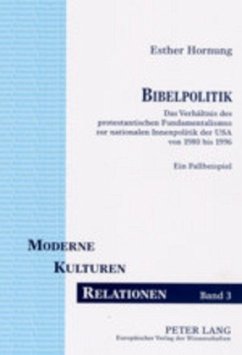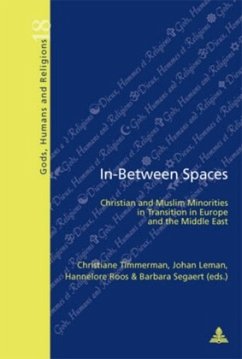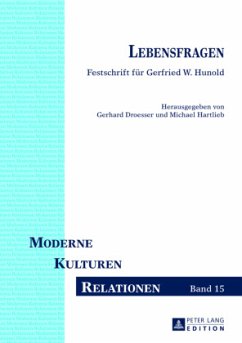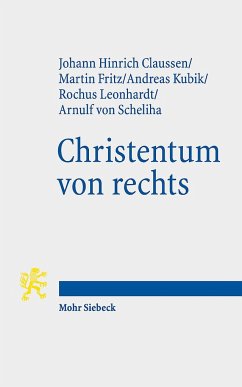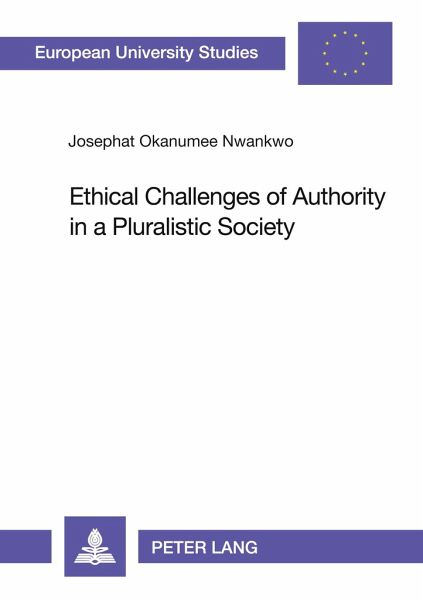
Ethical Challenges of Authority in a Pluralistic Society
The Nigerian Example
Versandkostenfrei!
Versandfertig in 6-10 Tagen
71,80 €
inkl. MwSt.

PAYBACK Punkte
0 °P sammeln!
Pluralism is more than difference in behavioral patterns. It is a fundamental difference in worldviews, and Nigeria typifies it. It implies that autonomous individuals within a societal continuum do not constitute an integral amalgamation of a body-politic. A multi-cultural, multi-religious, multi-ethnic and multi-lingual blend, Nigeria serves as a good laboratory for pluralist test. What Nigeria needs is authority in order to articulate these plural and conflicting world-views into a reasonable discourse or committed dialogue. It is then the challenge of authority in Nigeria to reconcile the ...
Pluralism is more than difference in behavioral patterns. It is a fundamental difference in worldviews, and Nigeria typifies it. It implies that autonomous individuals within a societal continuum do not constitute an integral amalgamation of a body-politic. A multi-cultural, multi-religious, multi-ethnic and multi-lingual blend, Nigeria serves as a good laboratory for pluralist test. What Nigeria needs is authority in order to articulate these plural and conflicting world-views into a reasonable discourse or committed dialogue. It is then the challenge of authority in Nigeria to reconcile the apparent incompatibilities within the multiple groups into a reasonable consensus. Plagued with the pathological equivocations of human rights, incessant military coups and counter-coups, vicious ethnic discrimination and lack of regard for meritocracy, Nigeria stands as a classical example of a leaderless society. Derided by foes as a political patchwork, and portrayed by friends as a potential volcano, all that Nigeria needs is authority that can articulate her numerous but diversified potentials into a catalyst for human development. No sustainable political or social foundations could be laid in the absence of this desideratum.





